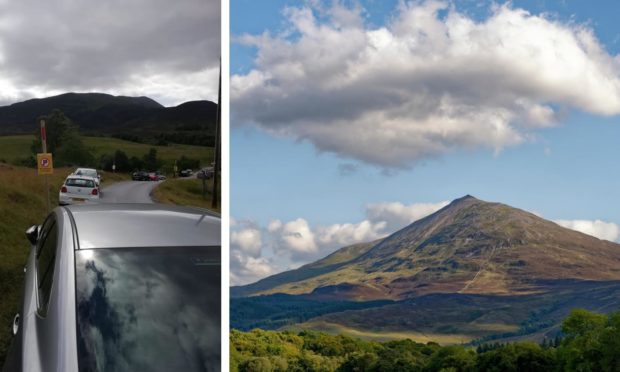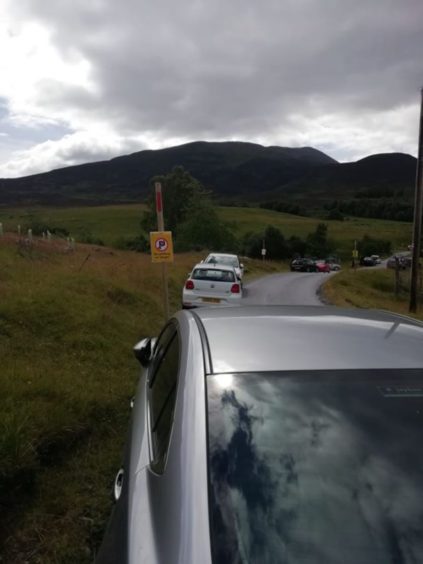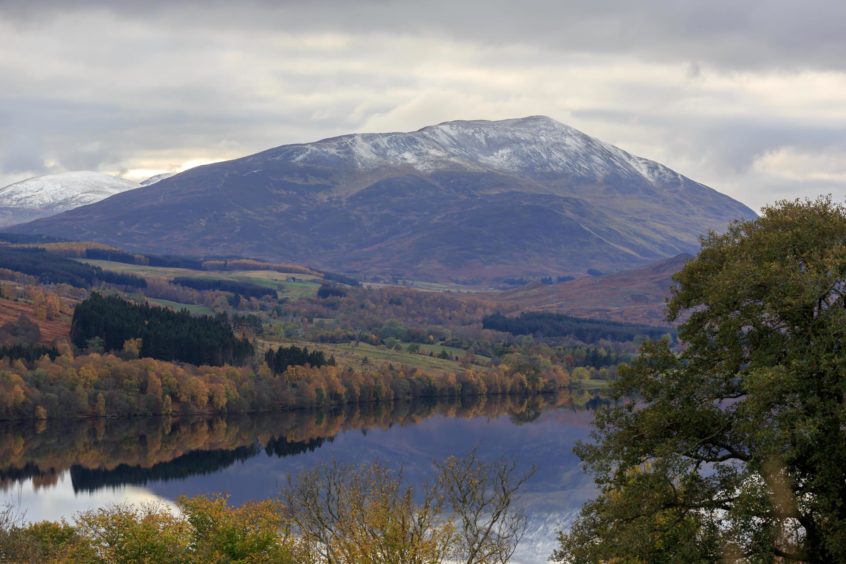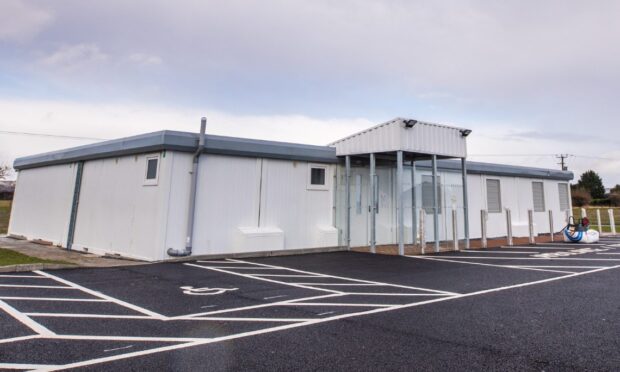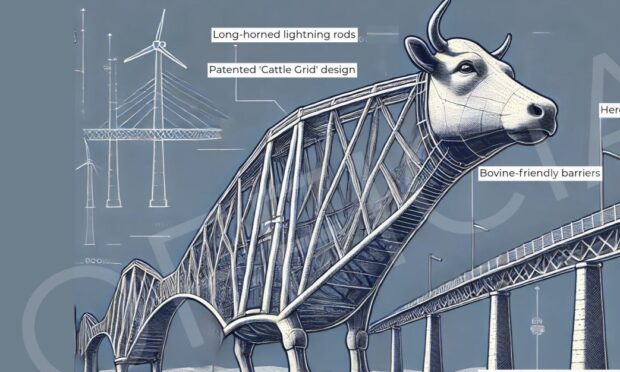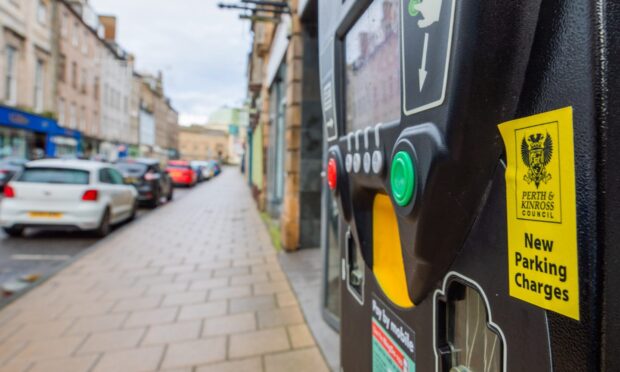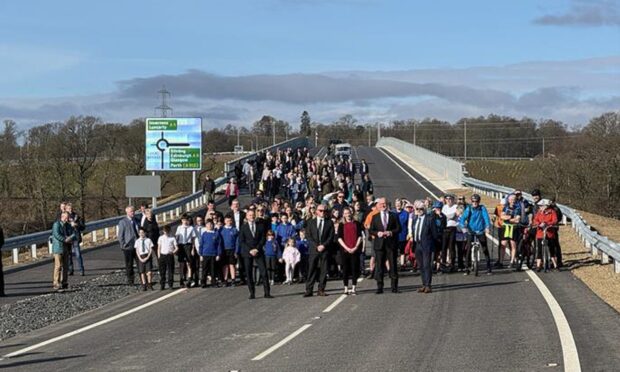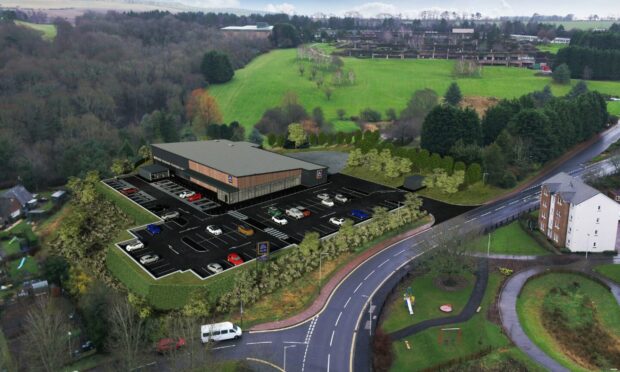Forestry chiefs have lodged plans to prevent another summer of tourist mayhem at one of Scotland’s best known mountains.
Visitors flocked to Schiehallion in their droves when Covid restrictions eased in 2020.
It led to a surge in complaints about congestion and bad parking, with more than 150 vehicles routinely trying to squeeze into a 25-space car park at nearby Braes of Foss.
And even when Perth and Kinross Council took action to stop congestion, motorists continued to abandoned their vehicles at the roadside – despite the installation of a series of No Parking signs.
At the busiest times of the year, traffic wardens were issuing up to 120 parking fines each weekend.
Now the council and Forestry and Land Scotland (FLS) have hatched a plan intended to avoid a repeat of last year’s problems.
They have teamed up for a planning application to transform an older timber storage site into a temporary, overspill car park.
The move could lead to an extra 60 spaces at the John Muir Trust-owned Braes of Foss site.
Existing car park ‘wholly inadequate’
A FLS spokesman said the car park has seen a rise in visitors over the last 10 years.
“The existing car park, which currently has 25 spaces, is now wholly inadequate in terms of capacity,” he said.
Pre-Covid, the site regularly held about 20 cars “parking in a disorganised manner on grassy areas” and around 30 to 40 more along the single track B846 between Tom Phobuill and Kinloch Rannoch.
In paperwork lodged with council planners, the organisation noted a huge increase in visitors during post-lockdown 2020, with up to 80 cars parking on the roadside.
“This has caused significant problems with local access, and hampered the passage of emergency vehicles to the extent that both the police and fire brigade staff were posted to promote order and encourage sensible parking,” the FLS spokesman said.
He said irresponsible parking continued to be an issue into November.
“This visitor pressure is anticipated to continue throughout 2021 and potentially into 2022, and it is widely recognised that something must be done to mitigate this issue,” he said.
“Issuing fixed penalty notices is not viewed as the right mechanism in the short term, as it eats up council resources, but also sends the wrong message to visitors who we should be welcoming to Highland Perthshire in a coordinated way.”
It is hoped that the temporary overspill area could operate for up to two years and would dramatically reduce the need for staffing to control parking.
If approved, the site could be ready – at a cost of £5,000 – before the Easter holidays.
